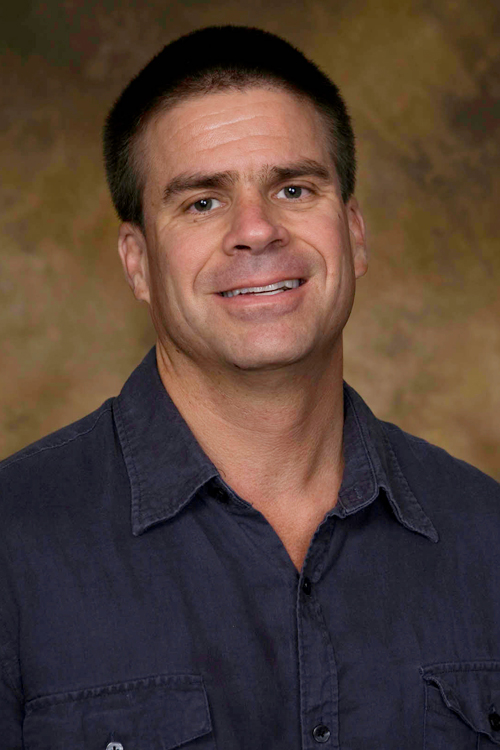A University of Arkansas researcher found in a study of five national and state parks that heavy tourism does not have to damage the culture and natural resources of a region.
Park interpreters can design programs and educate visitors to minimize negative effects of an influx of outsiders to a region, according to Gregory Benton, an assistant professor of recreation and sport management.
At the National Association of Interpreters International Conference last month, Benton presented information from three studies he conducted that demonstrated elements of a concept called “pono.” Not a well-known term in the continental United States, the Hawaiian word refers to living in harmony and righteousness with the environment and incorporates the values of cultural equality and natural resource stewardship, Benton explained. “A state of pono” was the theme of the international conference, which took place in Kailua-Kona, Hawaii.
“I was able to give examples at the conference of how interpretive programs at the sites I examined in Arkansas, New Mexico and Georgia are conveying positive goals of cultural and natural resource agencies,” he said.
In Arkansas, Benton studied interpretive programs offered to visitors at Fort Smith National Historic Site, which is maintained by the National Park Service. Park interpreters there describe five Native American nations’ removal from land in the eastern United States. The journey took them through Arkansas on their way to “Indian Territory,” which later became the state of Oklahoma.
“Respectful interpretation of these peoples includes consulting them regarding interpretive signs, the stories told about their people, and clearing up misconceptions due in part to Hollywood movies and negative stereotypes,” Benton said.
He also studied programs offered at Lake Fort Smith State Park. Park officials educate visitors about the separation of recreation such as swimming to ensure the quality of the water supply for the city of Fort Smith.
“Keeping the integrity of natural resources such as fresh water is very important in Hawaii and elsewhere,” Benton said.
He also reported on the experience of fifth-grade science students from Monitor Elementary School in Springdale who took field trips over a six-month period to Hobbs State Park-Conservation Area in Benton County. The program succeeded in immersing the young people in the forest environment to help their generation maintain collective knowledge of the importance of the outdoors to pass on to the next generation, he said.
“Maintaining collective community beliefs are also important in Native Hawaiian culture,” Benton said.
Fifth-graders from Monitor Elementary of Springdale attended one field trip in 2009-10 to Lake Fayetteville, he said. During the summer of 2010, school administrators and teachers met with park interpreters at Hobbs to organize the field trips in a manner that reinforced science concepts and provided hands-on experiences in nature, explicitly to improve Benchmark examination scores. Three of the same teachers from the 2009-10 single field trip took fifth-graders on a series of six field trips to Hobbs State Park-Conservation Area in 2010-11, and students’ science exam scores increased 19 percent from the year before, Benton reported.
He found that three elements of pono were present in the park programs he studied: the preservation of tangible and intangible indigenous culture, modifying recreation behavior in order to maintain natural resource quality, and exposing children to virtuous values through interpretive immersion in nature.
“The theme of the conference, 'pono,’ provided a great opportunity to demonstrate how our field of park interpretation can positively influence the world,” Benton said. “Interpretive programs not only connect visitors to resources but are able to dispel indigenous myths and carry messages regarding the balancing of freshwater recreation for the sake of maintaining the integrity of the natural resource. If justice and righteousness in living with integrity in the environment are elements of pono, then my research has provided evidence of interpreters strengthening the voice for this Polynesian theme beyond the shores of Hawaii.”
Topics
Contacts
Heidi Wells, director of communications
College of Education and Health Professions
479-575-3138,
